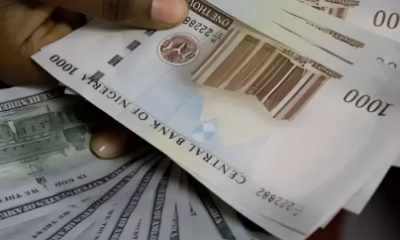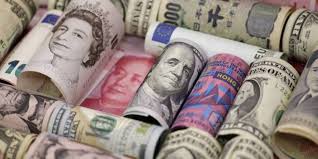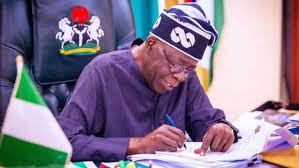Over the past seven months, the Central Bank of Nigeria had intervened in the FX market to the tune of $8,908,860,000 to help stabilize the Naira against other major currencies, especially the Dollar.
Within the period, the Naira appreciated from N520/$1 to N365/$1 at the parallel raising the question of whether the cost to the country is worth the gains.
At the beginning, Nigeria had about $2.7bn foreign investment from the JP Morgan and $500 million from Barclays but all of these monies were taken out when the CBN tightened controls on the naira.
Nigeria’s external reserve dropped to $28bn and the CBN couldn’t meet a lot of FX demands such as the repatriation of funds by the airlines.
To conserve the foreign reserve, the CBN had even stopped funding BDCs and invisibles in addition to restriction of forex on 41 items.
Mr. Moses Azege, a Lagos based financial expert said, the CBN intervention was unusual, the market didn’t expect it but it worked in stabilising the market.
He however noted that, the intervention averted the FX apprehension, and ended business for rent seekers and speculators.
ALSO SEE: Summit pushes for greater ICT in Africa, developing world
On whether the CBN move was sustainable he said, so far, the CBN has shown it can sustain it with the level of interventions.
Mr. Rislanudeen Mohammed, the former Ag. Managing Director, Unity Bank Plc said the “Central Bank intervention over the last several months has impacted positively in stabilizing the foreign exchange market and reducing the gap between parallel and black market rates from about N520 to a dollar to the present rate of about N365.
Forex liquidity has also helped in reducing the impact of cost push and imported inflation as evidenced by consistent reduction in core inflation data to present level of 16.05 percent as released by National bureau of statistics. Introduction of NAFEX has also improved transparency in the market hence incentivizing foreign portfolio as well as direct investments, he noted.
On whether the naira can exchange for N200/$1 in the near future he said, it is basically a function of demand and supply. But even the IMF is looking at N365 as the official rate. But it can be determined by market forces” he said.
Nigeria’s foreign exchange reserves stood at a two and a half-year high of $31.81 billion as of Aug. 29, the Central Bank of Nigeria data showed yesterday. The latest figure was at a level it last reached in January 2015. Experts have attributed the appreciation of the local currency to the growth in the external reserve and ability of the apex bank to provide enough FOREX for the market.
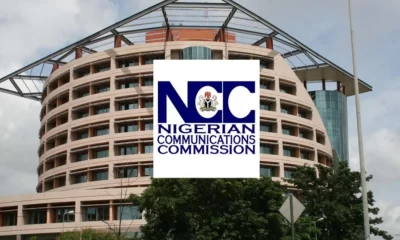
 Business1 week ago
Business1 week ago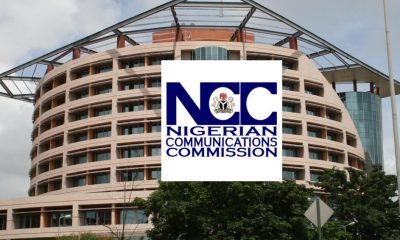
 Business7 days ago
Business7 days ago
 Business1 week ago
Business1 week ago
 Football1 week ago
Football1 week ago
 Business7 days ago
Business7 days ago
 Sports2 days ago
Sports2 days ago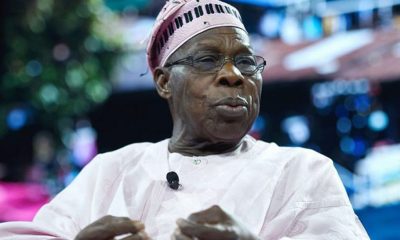
 Latest5 days ago
Latest5 days ago
 Business6 days ago
Business6 days ago






